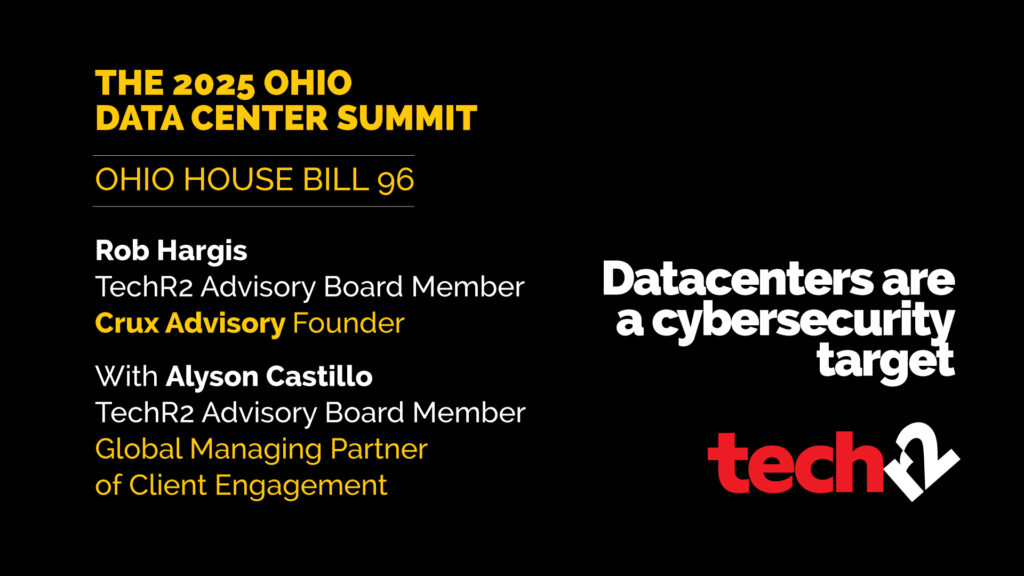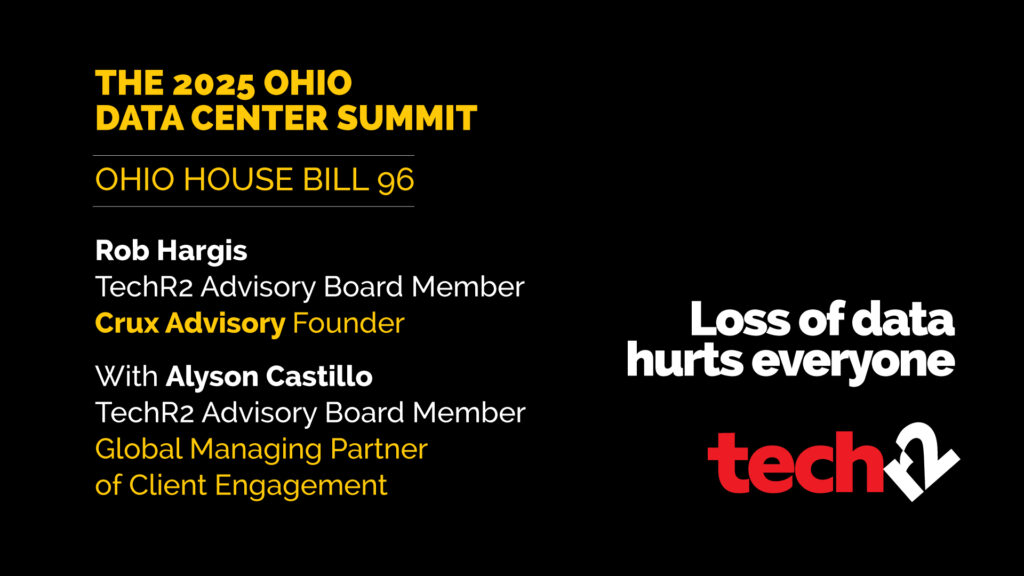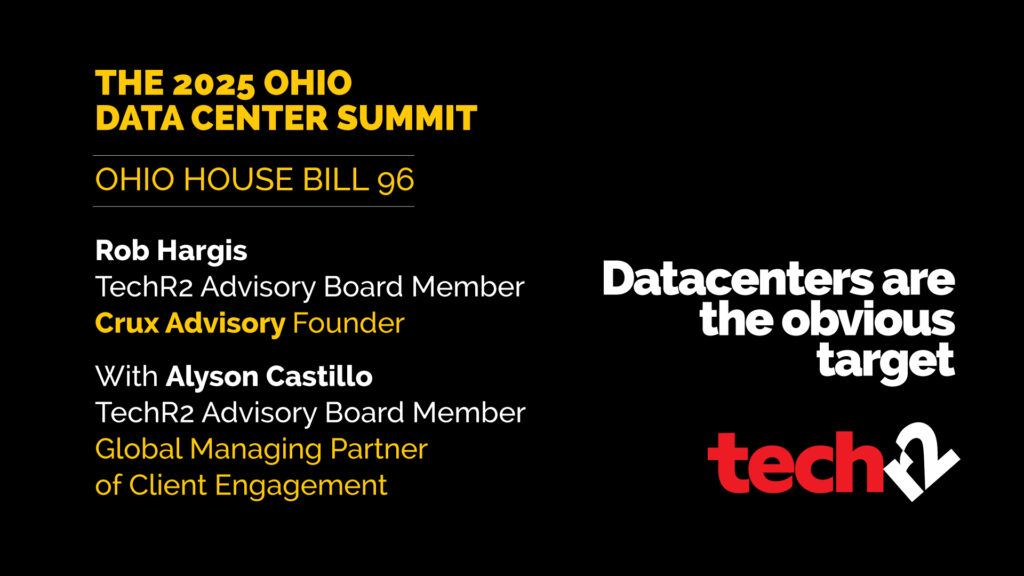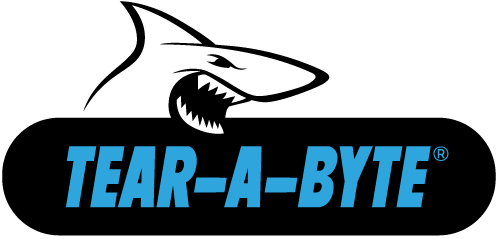Understanding the Risks of Hospital Data Breaches
Hospital data breaches can happen through cyberattacks on hospital networks, physical theft of devices, or improper disposal of end-of-life medical devices containing sensitive patient data. The costs of these data breaches can be high, averaging $7.13 million for the healthcare industry according to a report by IBM Security.
Compliance Standards for Data Destruction in Hospitals
Hospitals are subject to a range of compliance standards, including HIPAA, which requires them to implement reasonable and appropriate safeguards to protect the privacy and security of protected health information (PHI). This includes proper data destruction of PHI-containing devices. Data destruction companies specialize in compliant data destruction and can help hospitals achieve regulatory compliance.
The Importance of Proper Data Destruction for End-of-Life Medical Devices
End-of-life medical devices often contain sensitive patient data. Improper disposal of these devices can result in data breaches when they fall into the wrong hands. Proper data destruction of end-of-life medical devices is crucial for protecting patient privacy and avoiding costly data breaches. Data destruction companies use a variety of methods to ensure that data is securely destroyed, such as physical destruction, degaussing, and secure erasure.
The Importance of Tracking and Containing Retired Electronics
TechR2, a leading data destruction company, places great importance on the tracking and containment of retired electronics. This is critical to ensure that decommissioned hardware and data is not lost or stolen. By tracking and containing retired electronics before their destruction, TechR2 can guarantee that sensitive patient data is not compromised and remains secure.
TechR2’s Patented Tear-A-Byte Process
TechR2 utilizes its patented Tear-A-Byte method for hard drive destruction, a cutting-edge technique that ensures complete data destruction, making it impossible for bad actors to recover any data. This is combined with ISO-certified processes to TRACK, CONTAIN, DESTROY and VERIFY the destruction of each data asset. This allows TechR2 to safely and securely handle large-scale decommissions for data centers and enterprises. TechR2 also offers secure transport as a service to ensure that decommissioned hardware and data is transported safely and with the utmost care.

Case Studies
Several high-profile data breaches have occurred in healthcare settings due to improper data destruction. For example, a hospital in California was fined $850,000 in 2015 for failing to properly dispose of electronic devices containing patient data. In another case, a data destruction company helped a hospital in New York recover from a data breach by securely destroying data from end-of-life medical devices using their patented Tear-A-Byte process, and by ensuring the tracking and containment of the retired electronics.
Best Practices for Data Destruction in Hospitals
To prevent hospital data breaches, hospitals should implement best practices for data destruction, including developing policies and procedures for data destruction, training employees on proper data destruction techniques, and partnering with a data destruction company that specializes in secure and compliant data destruction.
Conclusion
Hospital data breaches can have severe consequences, but compliant data destruction can help prevent them. Data destruction companies can assist hospitals in achieving regulatory compliance and prevent data breaches through secure and complete data destruction, as well as by tracking and containing retired electronics. By partnering with a data destruction company like TechR2, hospitals can protect patient privacy and avoid the costly consequences of data breaches. Contact TechR2 today for a complimentary risk analysis today.
Related article: UNM Health alerts patients about major cybersecurity attack | KOB 4
Any organization that wants to build a strong Cyber defense needs to use certified and compliant partners. That is TechR2.









